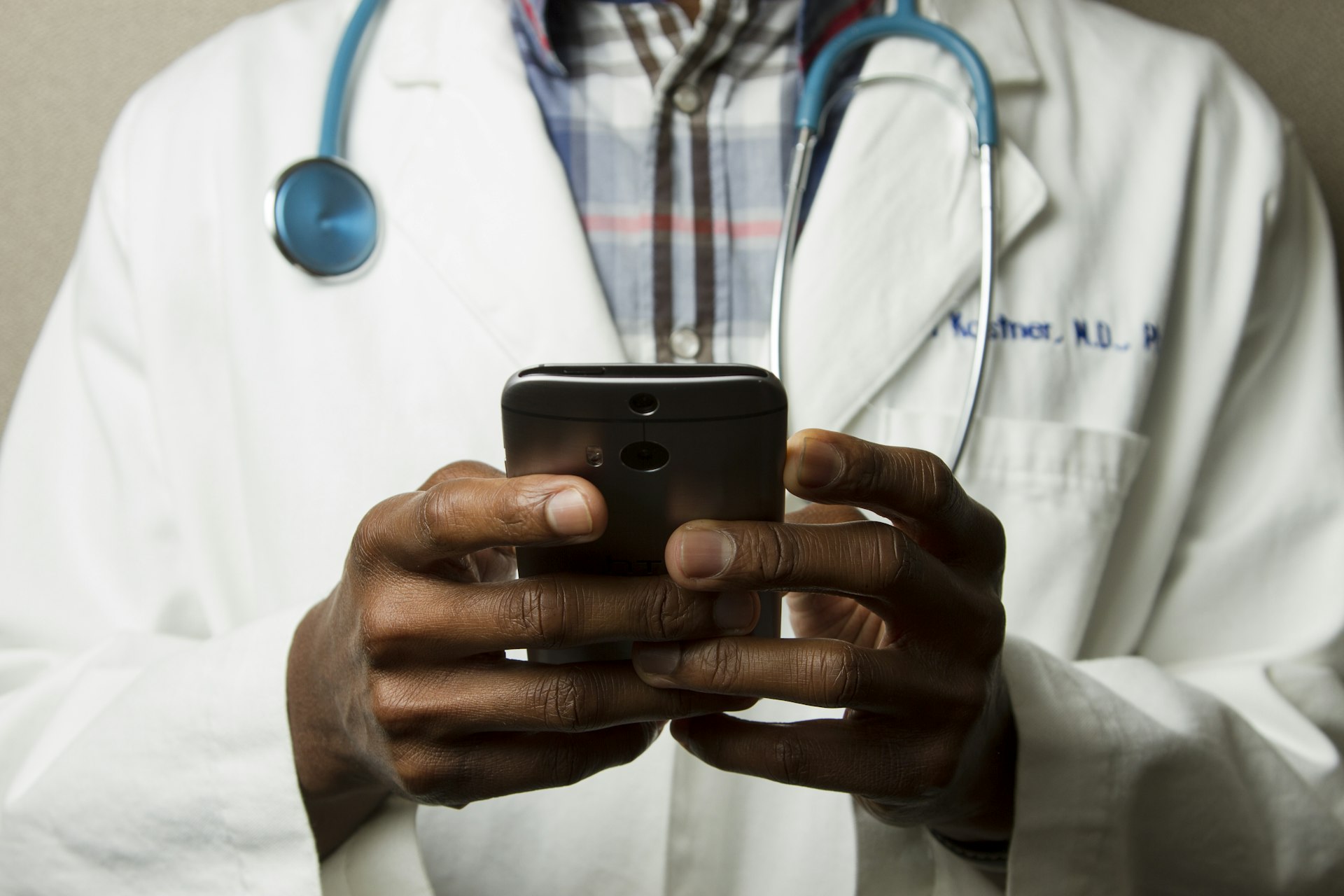
Building a Travel Medical Intelligence Binder
Food poisoning in Cebu. Allergic reaction in Fez. Sprained ankle in Kigali. Medical hiccups happen even when you're careful. I stopped leaving outcomes to chance by building a travel medical intelligence binder—a kit of docs, contacts, and scripts so I can access treatment fast, prove vaccinations, and negotiate with insurers while delirious. Here's what's inside.

Binder Format
- Physical: Waterproof A5 folio with laminated cards.
- Digital: Encrypted PDF stored in IronKey + secure cloud (Tresorit). QR code on Apple Watch links to emergency summary.
- Access: Trusted contact holds decryption key + notarized power of attorney.
Section 1: Personal Medical Profile
- Allergies, chronic conditions, medications (generic + brand names).
- Blood type, last tetanus shot, past surgeries.
- Emergency contacts (medical proxy, family, company ops).
- Insurance policy numbers + coverage highlights.
I update after every checkup and vaccination.
Section 2: Vaccination & Documentation
- WHO Yellow Card with recent vaccines.
- PDFs of COVID/Yellow Fever certificates and PCR results.
- Country-specific vaccination requirements (updated via CDC & WHO traveler portals).
Section 3: Destination Intel
For each upcoming country I stack a one-page brief:
| Country | Clinics/Hospitals | 24/7? | Cost | Notes | | :-- | :-- | :-- | :-- | :-- | | Kenya | Aga Khan University Hospital, Nairobi Hospital | Yes | $$ | Accepts international insurance | | Portugal | CUF Descobertas, Hospital da Luz | Yes | $$ | English-speaking staff | | Mexico | Hospital ABC, Médica Sur | Yes | $$ | Use card; carry pesos for pharmacy |
Sources: IAMAT, GeoBlue, U.S. State Dept. med notes, local expat groups.
Section 4: Telehealth & Remote Support
- Telehealth accounts (Teladoc, Air Doctor) with emergency PINs.
- Preset calendar link for remote doctor consult.
- List of remote specialists (travel medicine doctor, mental health counselor).
Section 5: Medication Logistics
- PDF of prescriptions with doctor signature + translation.
- Schedule for refills (OmniFocus recurring task). Alerts 14 days before running out.
- Storage guidance for temperature-sensitive meds (Frio pack notes, etc.).
Section 6: Payment & Insurance
- Insurance card front/back.
- Instructions for pre-authorization and claims submission.
- Emergency credit card numbers + security codes (in encrypted note).
- Local cash requirements (some clinics demand cash deposit). Amount noted per location.
Section 7: Emergency Playbooks
- Severe injury: Steps to stabilize, call emergency service numbers, contact insurance, notify ops.
- Prescription loss: Process for reissuing meds (doctor contacts, pharmacy chains).
- Medical evacuation: Providers (Global Rescue, Medjet) with membership numbers, activation script, prefilled email template.
Supplies Checklist
[ ] Primary med kit (antibiotics, pain relievers, antihistamines)
[ ] Prescription meds + backups
[ ] ORS packets, rehydration salts
[ ] Frio cooling wallet
[ ] Portable medical translator app offline
Maintenance Cadence
- Monthly: Review upcoming destinations, update clinic list, verify telehealth coverage.
- Quarterly: Confirm insurance coverage amounts and evacuation memberships.
- Pre-trip: Print fresh copies, add region-specific sections, pack meds.
When the Binder Saved Me
- Fez 2024: Allergic reaction to shellfish. Binder’s Arabic translation of allergies plus clinic list got me treated within 30 minutes.
- Kigali 2025: Sprained ankle. Insurance pre-auth sheet meant hotel security transported me to recommended clinic without argument.
- Lisbon 2023: Needed remote mental health session. Telehealth login + therapist contact ready; session scheduled in minutes.
TL;DR
[ ] Keep updated health profile + vaccination proof
[ ] Maintain vetted clinic shortlist for each destination
[ ] Preload telehealth accounts and emergency scripts
[ ] Organize insurance details and payment methods
[ ] Rehearse emergency playbooks quarterly
Medical surprises become manageable when you treat them like any other ops problem: gather intel, prepare scripts, rehearse responses. Drop this binder in your go bag and you’ll always know who to call, what to say, and where to go when your body decides to throw a curveball overseas.